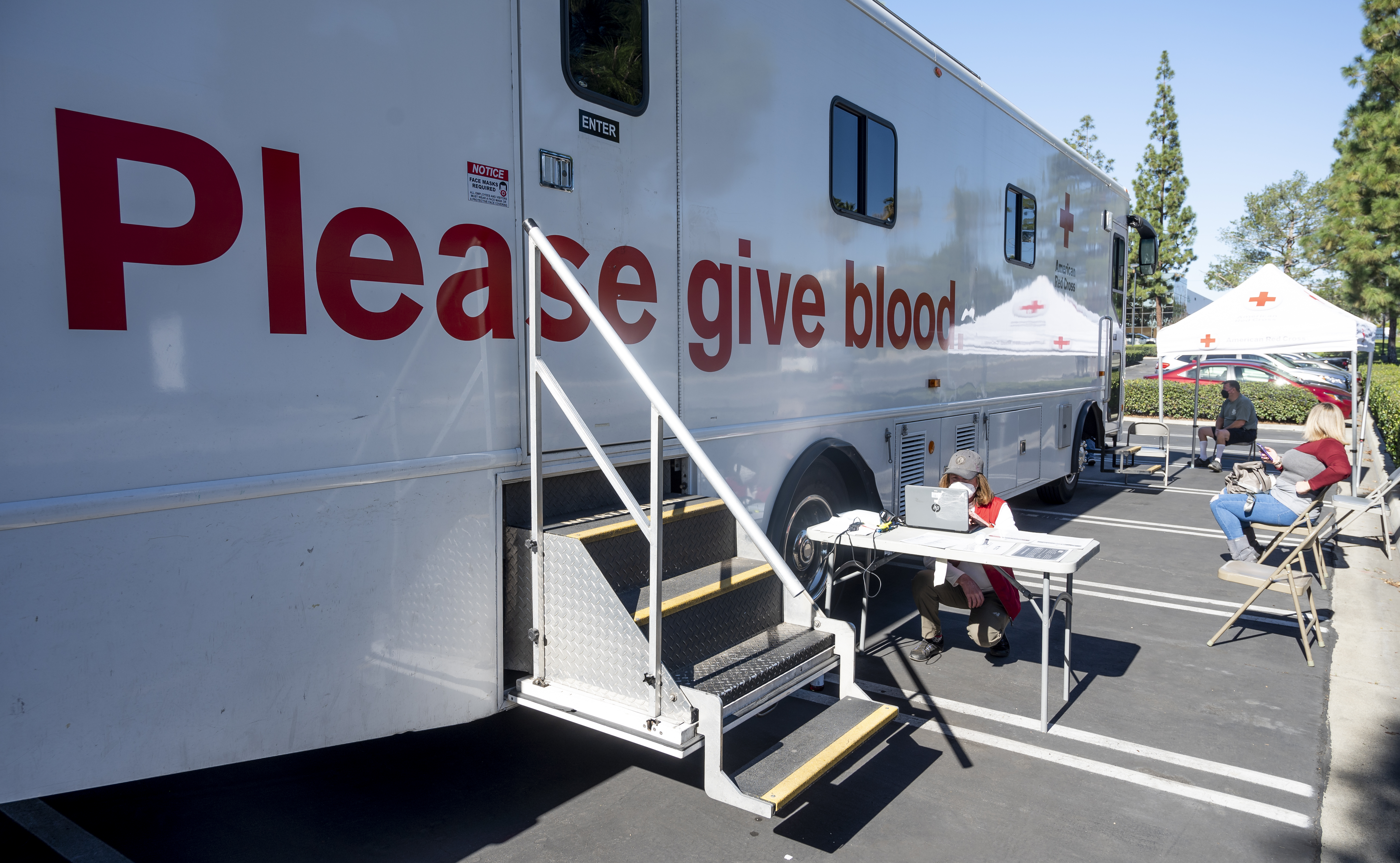The American Red Cross has declared a critical blood shortage in the United States, attributing it to a combination of severe winter conditions and the prevalence of seasonal respiratory illnesses.
Concerns are mounting that more individuals may cancel their blood donations, potentially causing delays in medical procedures. The volunteer turnout for blood donation is currently at its lowest point in two decades, with a 40% decline in donations through the Red Cross over the past 20 years. This decline has resulted in an insufficient supply of donated blood to meet the demand from hospitals and patients. According to data from America’s Blood Centers, as of Monday, at least 17 community blood centers are operating with a one-day supply or less, indicating a critically low level that necessitates immediate donations.

Dr. Pampee Young, the chief medical officer of the Red Cross, expressed concern about a challenging scenario faced by doctors when hospitals are full of patients but the refrigerators lack essential blood products. She emphasized the critical need for lifesaving blood every two seconds in the country, highlighting that the availability of blood can be a decisive factor between life and death. Dr. Young acknowledged that the generosity of those who donate is crucial for ensuring a stable blood supply. The Red Cross reported a donation shortfall of nearly 7,000 units in the week between Christmas and New Year’s Day. Dr. Eric Gehrie, the executive physician director for the Red Cross, indicated that, considering the current hospital demand, an additional 8,000 donations per week are required in January to bolster the blood supply.

A typical blood donation involves collecting approximately one pint of blood, and experts suggest that a single individual involved in a car accident may need up to 100 units of blood. Hospitals often encounter critical situations, such as post-childbirth bleeding or complex surgeries, where patients may require dozens or even hundreds of units of blood for survival. According to Gehrie, the availability of blood plays a crucial role in ensuring the recovery of individuals facing such medical emergencies. The American Red Cross highlighted a national blood shortage in September, prompting a call for increased donations, resulting in a subsequent rebound in blood inventory.

Nevertheless, the Red Cross reports another decline in the blood supply, reaching critically low levels nationwide. In recent weeks, the organization has been compelled to restrict the distribution of type O blood products, which are among the most frequently transfused types, to hospitals. According to Gehrie, who works with the Red Cross, when estimating the required blood supply for hospitals, seasonal variations are considered. This holiday season has seen numerous seasonal changes, but a notable difference is the higher-than-usual demand from hospitals even during the traditionally lower-utilization period. The combination of reduced donations due to seasonal factors and the unexpectedly heightened hospital demand is contributing to the current emergency. The Red Cross is urging both healthcare professionals and the general public to step forward and donate blood to replenish the nation’s supply.
- Misleading Video Alters Prime Minister Shehbaz’s Speech Targeting Political Rival, Not His Party - 21/04/2024
- ATC Grants Three-Day Remand for Suspects in Ichhra Bazaar Harassment Case - 19/03/2024
- Pakistan, India, and Bangladesh Lead World in Severe Smog Crisis, Exceeding WHO Guidelines - 19/03/2024


